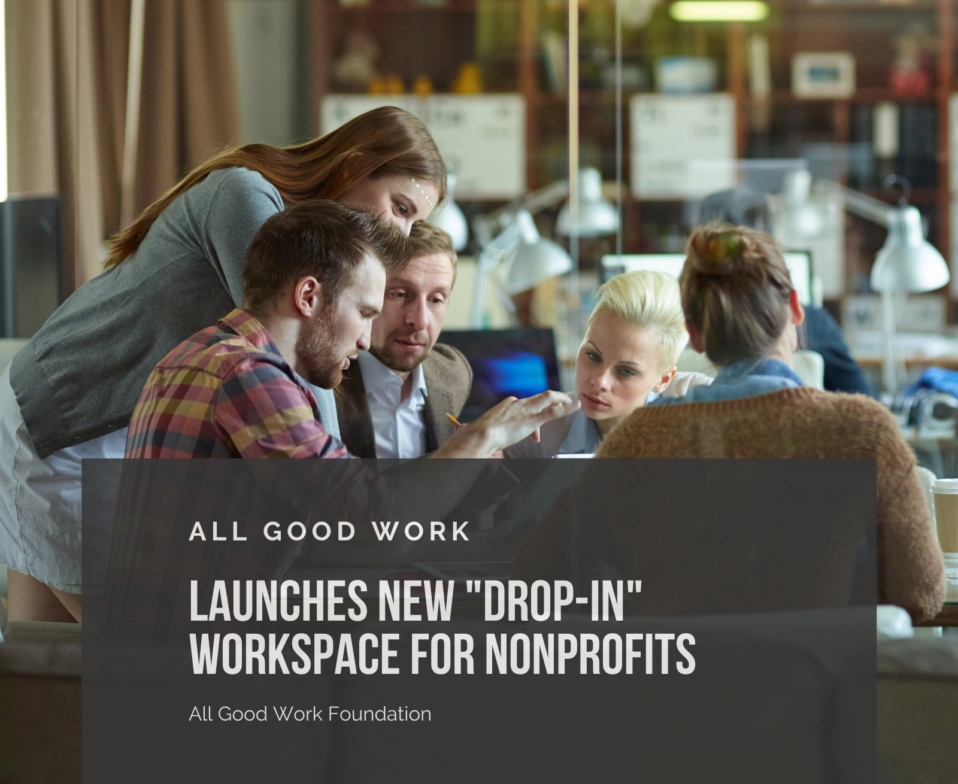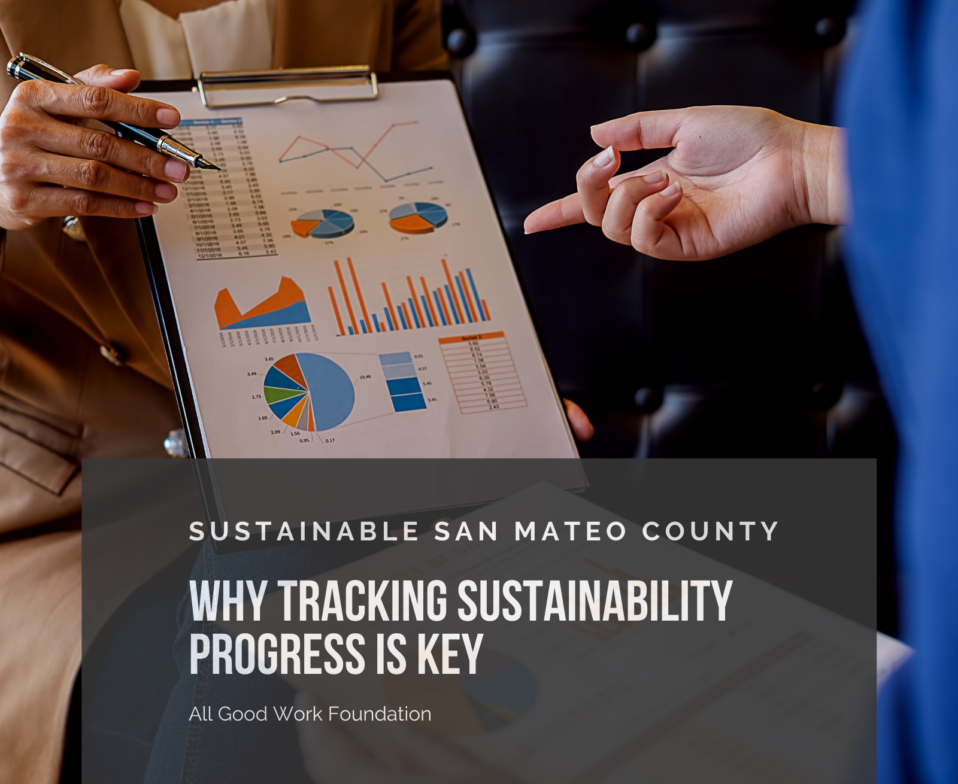- The All Good Work Foundation shares some of the ways its resident organizations are supporting their communities during the COVID-19 pandemic.
- Organizations that were working in the community before the coronavirus outbreak hit were in a better position to respond to the changing needs that came with the pandemic.
- If your coworking space is open, think about how it can safely provide space to organizations that are addressing the pandemic.
With the Covid-19 pandemic upon us, it is natural to first make sure that you and your family are safe, and then to think about your business and employees, and how to ensure that you will make it through.
But it’s important not to stop there.
We must all come together, even if we can’t actually come together, to make sure that we’re doing what we can to help others and support those in our community, particularly those who are on the frontline of this crisis, working to help those most affected.
That’s why I’m so proud of what our partners are doing right now.
Through All Good Work’s Residency Program, scores of coworking spaces in two of the most affected areas, New York and Silicon Valley, have been supporting community organizations well before the coronavirus started to impact us. They’ve been providing donated space to these organizations as a way to connect with the community around them, and give something back.
Unfortunately, many of these organizations are not able to use the donated space (even while some of our partners stay open) because of the stay-at-home orders. But that hasn’t stopped many of them from continuing to serve at-risk populations in this time of need in new ways.
Take Elevate Tutoring for example. Before the pandemic, Elevate Tutoring trained first-generation and underserved college students to become tutors and mentors to low-income middle and high-school students – a relationship that benefitted both tutors and students. The stay-at-home order has greatly impacted all levels of education, but in particular students of grade-school through high-school age are finding themselves without the resources they need to succeed, and in particular, to prepare for higher education.
Elevate Tutoring has taken their resources online and they are now helping kids continue their education despite this disruption.
Another example is Solar Responders. This New York based organization was focused on strengthening the infrastructure in Puerto Rico by providing first responders (police and medical) with solar power to increase their resiliency in case of natural disaster. The COVID-19 virus hit Puerto Rico later than mainland USA, but it is growing there just as fast as other hotspots. And because the island is still recovering from previous disasters, the population is at a significant risk. That’s why Solar Responders have shifted their focus to finding ways of providing other resources, including masks and other protective equipment, to the first responders they were already helping.
Stories like these show that the ability for organizations to respond in case of emergency depends on the support they’re given before a crisis. Because these organizations were already working in the community, they were in a better position to respond to the changing needs that came with the pandemic.
So how can coworking spaces support their local community now?
For those in areas with stay-at-home orders, it may be difficult; most of the people who use the coworking space may have to work from home. But some organizations providing essential services will not, and for them, having a place to work could be critical.
Organizations distributing necessary items like food, clothing, medical supplies or other things that people need in a crisis will be in particular need of a base of operations near the population they serve. Other organizations might need space for storage, or might be displaced from their usual office and need logistical support. Many others will need the help of their community to survive and do the work that needs to be done.
Here are a few things that the coworking industry can do to help right now:
- Provide office space or storage space (if possible) to organizations doing essential work
- Become a community hub for collection of donations of items like food and masks
- Provide mail or call-answering services for community organizations that have been displaced from their offices
- Activate your own network of members and others in your community to support specific nonprofits that may have been in your space, or that are doing essential work. Find ways to help these organizations through donations of money, food, technology or time.
Planning for The Future
In addition to thinking about how we can help now, we should also be thinking about what we can do when the stay-at-home orders are lifted.
Community organizations are likely to be among some of the businesses hardest-hit by the aftermath of the pandemic; many will be serving populations who have been impacted physically, emotionally, and economically. And the organizations themselves will likely have less resources than ever to continue their work.
What charitable organizations will need when they come back is a place to get back to work that won’t cause further economic hardship. Coworking spaces should be thinking now how they can support community organizations when then they reopen their doors, both in the short term as well as the long term. They will need our help more than ever, and by helping them, we will be creating a more resilient community for the future.




